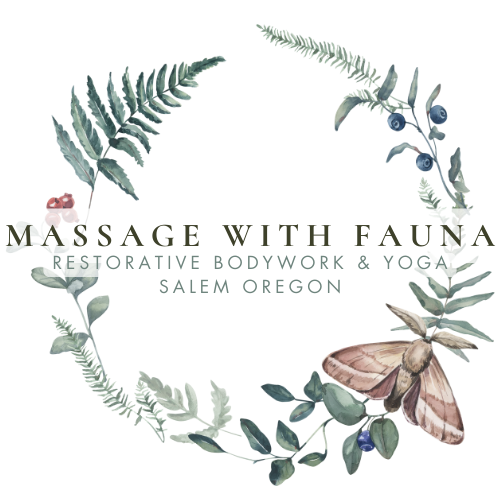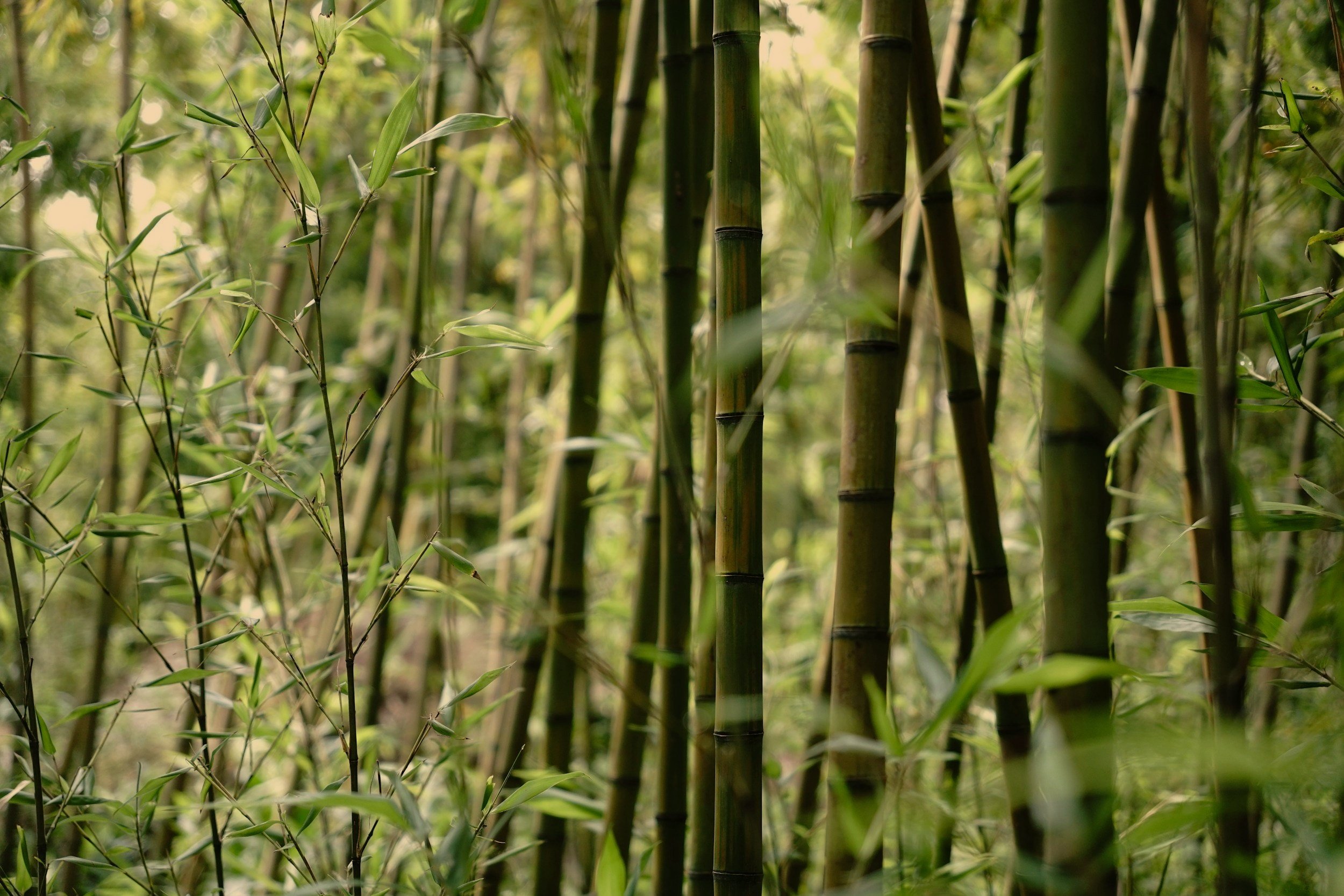Pleasure Activism
What is pleasure activism?
Pleasure activism is a concept that encourages us to prioritize joy, pleasure, and well-being as a form of resistance against oppressive systems. It challenges the notion that activism must always be serious and somber, and instead promotes the idea that pleasure and happiness can be powerful tools for social change. Adrienne Maree Brown, the author of the 2019 bestselling title, “Pleasure Activism: The Politics of Feeling Good” sparked the conversation around pleasure activism.
This movement recognizes that marginalized communities often face immense hardships and trauma, and that self-care and pleasure can be vital for their resilience and empowerment. Pleasure activism encourages individuals to explore and embrace activities that bring them joy, whether it's through art, music, dance, or any other form of self-expression.
By centering pleasure and joy, this approach aims to create spaces that are inclusive, affirming, and healing. It recognizes that pleasure is not a luxury but a fundamental human right, and that everyone deserves to experience joy and fulfillment in their lives.
Pleasure activism also challenges societal norms and expectations around pleasure, particularly those that are rooted in oppression and control. It encourages individuals to reclaim their bodies, desires, and sexuality, and to challenge the shame and guilt often associated with pleasure.
Pleasure activism is a movement that recognizes the transformative power of joy and pleasure in creating a more equitable and just society. It encourages individuals to prioritize their well-being and happiness as a form of resistance against oppressive systems.
Massage Therapy & pleasure activism
Massage therapy can provide numerous benefits for both the body and mind. It can help reduce stress, alleviate muscle tension, improve circulation, and promote overall relaxation. By engaging in self-care practices like receiving a massage, individuals are actively prioritizing their own well-being and taking steps towards self-empowerment.
In the context of pleasure activism, receiving a massage can also challenge societal norms and expectations around touch and physical intimacy. It can be a way to reclaim agency over one's body and explore the boundaries of personal comfort and pleasure. By embracing and celebrating the joy and relaxation that comes with a massage, individuals are actively resisting the shame and guilt often associated with pleasure.
Furthermore, pleasure activism recognizes that marginalized communities often face higher levels of stress and trauma due to systemic oppression. Engaging in self-care practices like receiving a massage can be a powerful act of resistance and resilience for these communities. It allows individuals to prioritize their own healing and well-being, which is essential for their overall empowerment and ability to navigate oppressive systems.
In summary, receiving a massage can be considered a form of pleasure activism as it promotes self-care, challenges societal norms, and prioritizes well-being and relaxation. It is a way for individuals to actively resist oppressive systems and prioritize their own joy and pleasure.





Starting September 1st, my hourly rate for massage sessions will increase from $110 to $120. This change reflects ongoing training, rising costs, and the high-quality care I strive to offer. Members will remain at their current pricing.